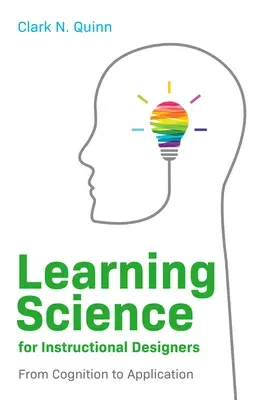Ensure Your Instructional Design Stands Up to Learning Science
Learning science is a professional imperative for instructional
designers. In fact, instructional design is applied learning science. To
create effective learning experiences that engage, we need to know how
learning works and what facilitates and hinders it. We need to track the
underlying research and articulate how our designs reflect what is
known. Otherwise, how can we claim to be scrutable in our approaches?
Learning Science for Instructional Designers: From Cognition to
Application distills the current scope of learning science into an
easy-to-read primer.
Good instructional design makes learning as simple as possible by
removing distractions, minimizing the cognitive load, and chunking
necessary information into digestible bits. But our aim must go beyond
enabling learners to recite facts to empowering them to make better
decisions--decisions about what to do, when, and how. This book prepares
you to design learning experiences that ensure retention over time and
transfer to the appropriate situations.
Gain insights into:
Providing spaced practice and reflection
Tapping into motivation and challenge to build learner confidence
Using performance-support tools, social learning, and humor
appropriately
Prompts at the end of each chapter will spark your thinking about how to
use these concepts and more in your daily work.
Written by Clark N. Quinn, author of Millennials, Goldfish & Other
Training Misconceptions: Debunking Learning Myths and Superstitions,
this book is perfect for anyone who strives for their instruction to
stand up to learning science.

